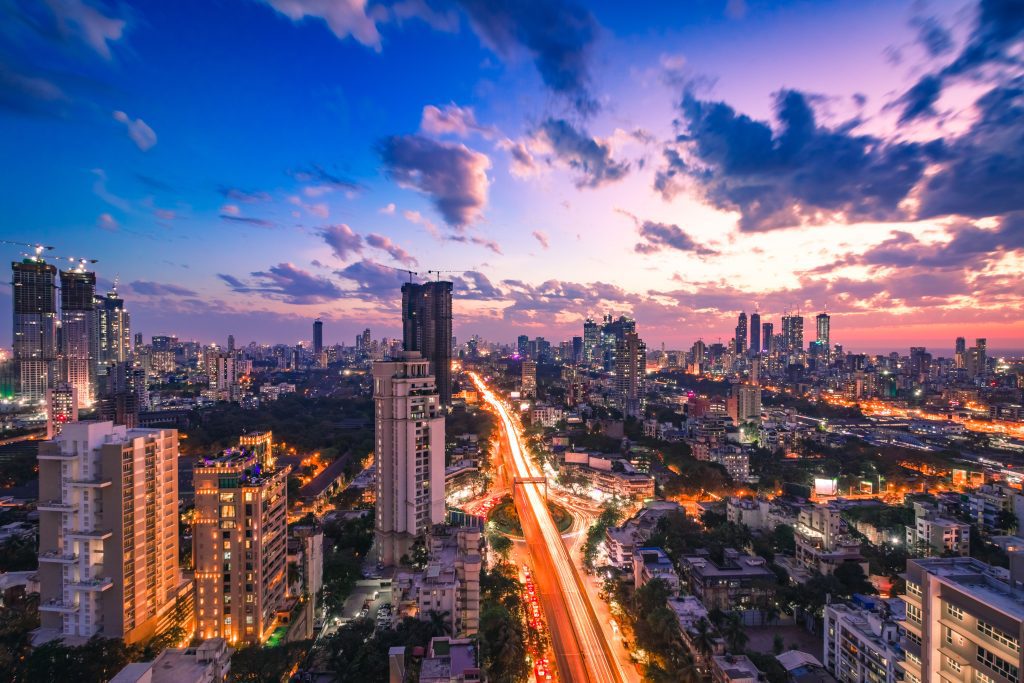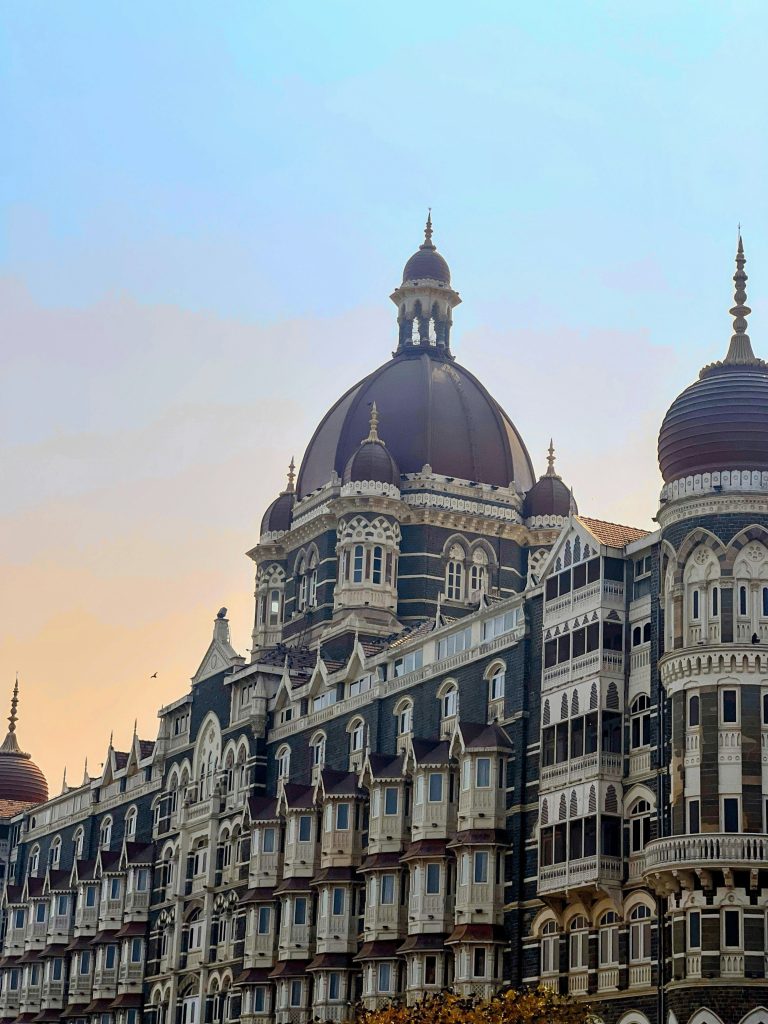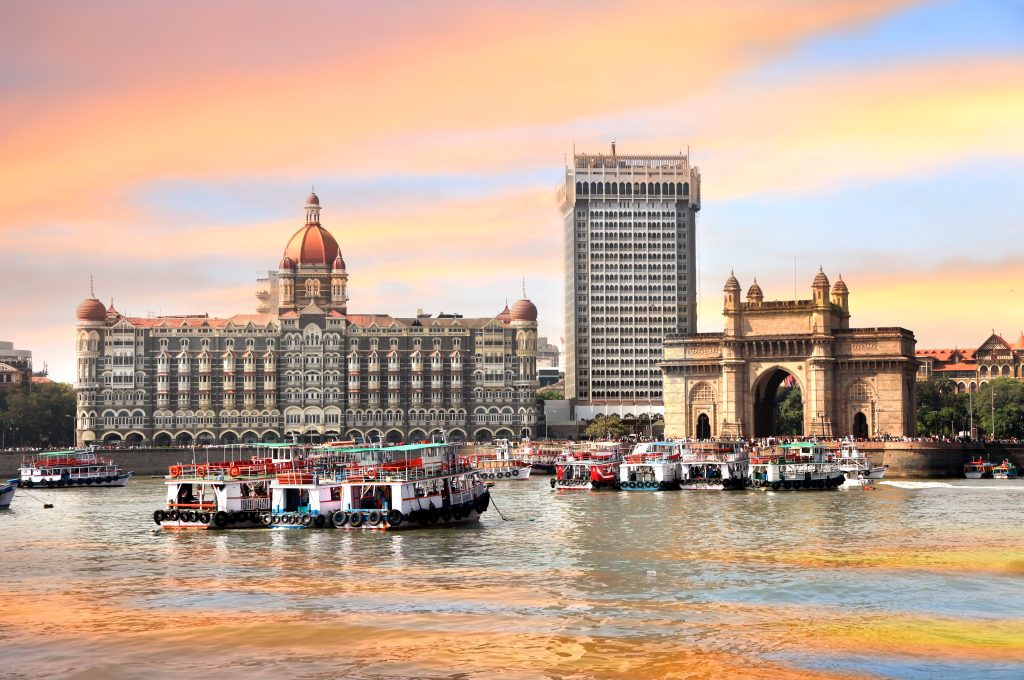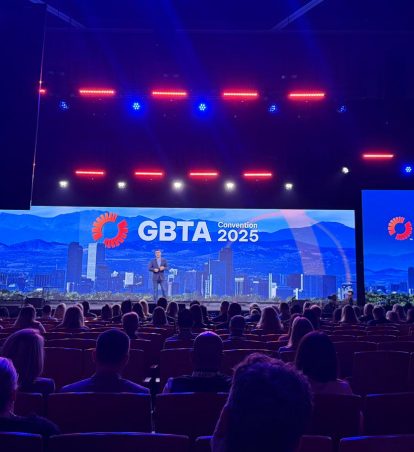Serviced Apartments vs Hotels in India: Which is Better for Business Travel
Last year, business travel spend reached an impressive $38.3 billion across India. Having risen to the eighth largest market in the world, India’s surge in business travel activity has brought with it a notable increase in demand for serviced apartments and hotels.
As travel managers and Travel Management Companies (TMCs) juggle countless priorities—from duty of care to maximising traveller productivity, reducing carbon emissions, achieving value for money and so much more—deciding between serviced apartments and hotels can play an important role in the effective targeting of specific objectives.
In this article, we’ll break down the advantages and disadvantages of each accommodation type in India, ensuring travel managers and bookers can make informed decisions that align with organisational goals.
Serviced Apartments in India

Serviced apartments in India (also known as corporate housing), have gained substantial momentum as an attractive accommodation choice. Traditionally, options include fully furnished apartments designed for both extended-stay and short-stay business travel. Serviced apartments usually offer travellers more space, privacy and flexibility than hotels and have a wide range of options to suit every budget.
With separate work, living and sleeping areas, serviced apartments provide a home-like experience so business travellers can live, work and play just like they would at home.
"the extended stay market in India is experiencing a promising growth for the past five years. It is a segment that is gaining significant traction" — Ajay Bhatt, Group Head, Corporate Services, Godrej Industries Group
Pros:
- Lower average cost, particularly across tier 2 and 3 cities like Gurgaon, Chennai and Noida Pune
- GST (Goods and Services Tax) tends to be lower than hotels
- Widely found in most cities
- Close to major IT, manufacturing hubs and more
- Increased space and privacy
- Ideal for both short and extended stay
- Home-like inclusions such as kitchens, laundry, separate living/eating areas
- Access to amenities like gyms and swimming pools (luxury options only)
- Reduced environmental impact
- Pet-friendly options available
Cons:
- Less availability in smaller cities
- Live availability/instant booking may be limited
- Limited amenities
Hotels in India

Before the growth of serviced apartments in India, hotels have long been the traditional accommodation choice for business travellers. Across the country, hotels typically offer a collection of standardised product options within a modern and purpose-built property.
Hotels in Bangalore, Hyderabad and other key cities also usually come at the higher end of the quality scale due to the lack of middle-of-the-range options across the country. Central locations, brand signage and access lighting make hotels easy to find, and service staff are on-site to provide a seamless arrival experience.
Pros
- Centrally located
- Instant booking usually available
- Widely found in many cities
- 24-hour on-site reception, concierge and security facilities
- Access to a range of on-site amenities including restaurants, gyms, meeting rooms, swimming pools and more
Cons
- Unsuitable for extended stay
- Limited living space, often confined to one room
- Typically more expensive than serviced apartments, especially for short-stay
- Constant interaction with staff and other guests may detract from sense of home
"Extended stay is giving travellers more flexibility by giving them a place for themselves where it is like a home away from home” — Jyothi Varma, Director, JYT
Why Serviced Apartments in India Are Superior for Business Travel
India is an incredibly unique and complex serviced accommodation market, bringing with it a range of nuances travel managers need to consider. This is exactly why serviced apartments emerge as a clear frontrunner when deciding where to stay in Bangalore, Hyderabad or other key Indian cities. Here’s why:
1. Value for Money

While hotels have their strengths, serviced apartments in Bangalore, Hyderabad and other Indian cities offer incomparable value for money. Not only do they often offer a lower average cost than hotels, but they also promote trip ROI. This is because serviced apartments offer a home like experience so guests can settle in faster, live comfortably and as a result, work more productively.
Furthermore, serviced apartments typically offer less volatile rates throughout the year. This approach supports managers with budgeting and forecasting, as well as mitigating the costs associated with demand-related price hikes which are common in hotel pricing strategies.
Features such as fully equipped kitchens mean travellers can save on dining expenses through the ability to cook at home, while a wide range of options close to business parks, schools and more also mitigate commuting expenses. Inclusions like transport to and from the office, breakfasts and housekeeping also can also be negotiated into the total cost and contribute to a more cost-effective extended-stay in India.
"With serviced apartments, there is a greater choice in personalisation which can happen. There are more spacious layouts that includes kitchens and living areas while also providing hotel-like services for example with housekeeping or a concierge. It's the best of both worlds" — Ajay Bhatt, Group Head, Corporate Services, Godrej Industries Group
2. Guest Safety and Security
With traveller safety remaining at the forefront of business travel priorities, serviced apartments are a great option to support this goal. Just like hotels, serviced apartments in India meet stringent safety and regulatory standards when offered by a reputable local brand, like Synergy, who conducts strict safety inspections on each apartment.
Companies like Synergy will also have access to on-the-ground experts who have a deep understanding of the Indian accommodation market, its nuances and can tailor apartment recommendations to suit any enhanced travel requirements (for example, safety of solo female business travellers).
3. Decarbonisation

Through recent years, evolving consumer behaviour, political reforms and shifting company goals have put more pressure on travel managers to reduce the carbon impact of their programmes. With a typically lower emissions output per stay, serviced apartments in India are a great choice for eco-conscious bookers for a number of reasons.
First, serviced apartments are typically associated with longer lengths of stays which comes with a range of environmental benefits from less frequent housekeeping to more efficient utility use. This is because longer lengths of stay tend to mitigate the spikes in energy and water use that are associated with frequent guest turnover.
Additionally, access to fully equipped kitchens also encourages guests to reduce waste associated with restaurant dining out. Serviced apartments also typically have less communal areas, limiting the requirement for continuously lit, heated or cooled spaces.
4. Policy Compliance
As travel managers look to enhance policy compliance, collaborating with a serviced accommodation programme manager can provide meaningful support by combining cost control, duty of care and employee experience. For example, online tools provide the ability to filter by company rate caps, ESG requirements, distance to office and more.
Corporate housing duty of care tracking tools also provide greater visibility into the whereabouts and safety of guests, the cleanliness of apartments and offer enhanced support during unprecedented crises. Simultaneously, the extra space, privacy and home-like amenities serviced apartments in India provide, ensures policies are met without compromising on guest experience.
5. Flexibility for Long-Term or Group Moves

Unlike hotel rooms, serviced apartments offer additional space and operational flexibility. This enables apartment set-ups to flex to meet the unique requirements of solo travellers, allowing multiple team members to stay under one roof in shared or multi-bedroom units. For groups, taking this approach can also promote collaboration and culture creation while reducing overall accommodation costs.
Further, leases in serviced apartments can be tailored to the length of a project or assignment, allowing organisations to adjust as needs evolve without the rigid terms often associated with hotels. Corporates will also have the capability to lease a certain number of apartments for a specific time period on a rotational basis, providing the option for guests within a group travel project to switch or adjust travel plans without incurring cancellation fees.
Podcast
To learn more about the serviced accommodation industry in India, click here to listen to our podcast where business travel industry experts Ajay Bhatt and Jyothi Varma dive into the growth of the industry in recent years.
How Synergy Can Support Your Accommodation Objectives in India
At Synergy, we specialise in the management of serviced accommodation programmes, wherever our clients need us to be across India, and for however long.
More specifically, Synergy can provide:
- Consultative, end-to-end accommodation programme management tailored to your business travel objectives or those of your clients
- Local reservations, guest services, finance, sales and supply chain management experts to support you and your business travellers
- Tax savings though Synergy’s local GST registrations
- Access to an extensive network of fully vetted apartments across India including Bengaluru, Hyderabad, Pune, Mumbai, New Delhi, Chennai and Gurugram.
Ready to learn more about how Synergy can help you build or enhance your existing accommodation programme in India? Tell us what you need and our local teams will be happy to support you.





